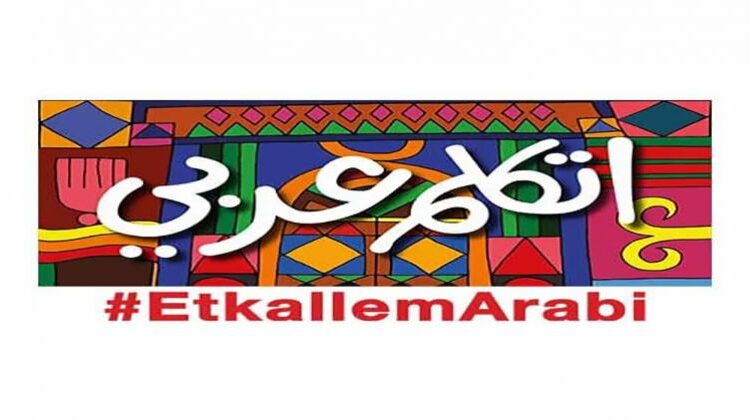Dina el-Dessouki says her 8-year-old daughter is illiterate.“My daughter cannot read or write in Arabic, even though she is an Egyptian,” Dina told The Egyptian Gazette.
There is a perfectly logical reason for her unlettered daughter’s plight.
Dina is an Egyptian who lives in Italy.
“This is one of the biggest challenges I face in here,” said Dina el-Dessouki, who moved to Italy 10 years ago when she married.
She has pinned her hopes on an app Etkallem Arabi (Speak Arabic) to help her daughter learn and speak Arabic.
Etkallem Arabi application is part of an initiative of the same name that was launched by the Egyptian Ministry of Immigration and Expatriates Affairs and targets Egyptian children abroad with the aim of keeping them in touch with their Egyptian identity by teaching Arabic and Egypt’s history, values, customs and traditions. It is run in partnership with the National Council for Childhood and Motherhood and Nahdet Misr Publishing Group.
As with all of these initiatives, it is applied in phases, of which the first targets children aged between 3 and 6. The 6-9 and 9-12 age groups are next, according to Minister of Immigration and Egyptian Expatriate Affairs Nabila Makram Ebeid.
“The launch of the online application provides an opportunity for the young generation of Egyptians abroad to learn how to read and write Arabic through the most up-to-date interactive learning,” the minister said.
The app ensures an entertaining educational experience with games and competitions, the minister added.
Apart from the app, the initiative offers camps via video conference and social media platforms.
On the Facebook page, videos are uploaded to raise Arabic language awareness and warnings against the consequences of losing it. Followers are encouraged to post videos of their children speaking or singing in Arabic.
On Sundays at 8am, a television show called Bil-Arabi (In Arabic) will be aired as part of the campaign on dmc satellite channel. The first episode went out last Sunday (May 31). Every week, a famous Egyptian figure will be in the company of Egyptian children and youth studying abroad to talk about the campaign and play games helping expat children learn about their country’s culture and traditions.
Bahgat Raslan, who has been living in Berlin since 2004, told this newspaper that his two sons, aged 10 and 13, knew nothing about their mother tongue or Egyptian history.
“They identify more with German culture,” Raslan said, adding that he is afraid this situation will have a negative impact on his sons if he decides to return to Egypt.
“My sons should know more about their native country and how to speak Egyptian dialect so they will not feel alienated if I decide to return,” he said.
Although Raslan sometimes tries to teach his children Arabic but their association with Germans outside makes it hard to absorb a second language.
Etkallem Arabi is expected to help parents like Raslan, who learned about the campaign on Facebook. This, he said, is an opportunity to encourage his sons who are fond of social media to learn some Egyptian Arabic words and expressions and post videos of themselves using them on TikTok.
“They loved the idea and began showing an interest in learning to speak Arabic,” Bahgat said.
Mohamed Fathi, an Arabic language professor in the faculty of Al-Alsun at Ain Shams University told this newspaper that this campaign is needed to connect expat Egyptian kids, who know nothing about their country’s history, culture and values, with their roots.
However, the biggest challenge is that Egyptian parents living abroad may not be up to the task of teaching their children Arabic language as they themselves may be defective in their knowledge of the language.
“Or they are unaware of the importance of connecting their children with their homeland and its culture,” Fathi said.






Discussion about this post